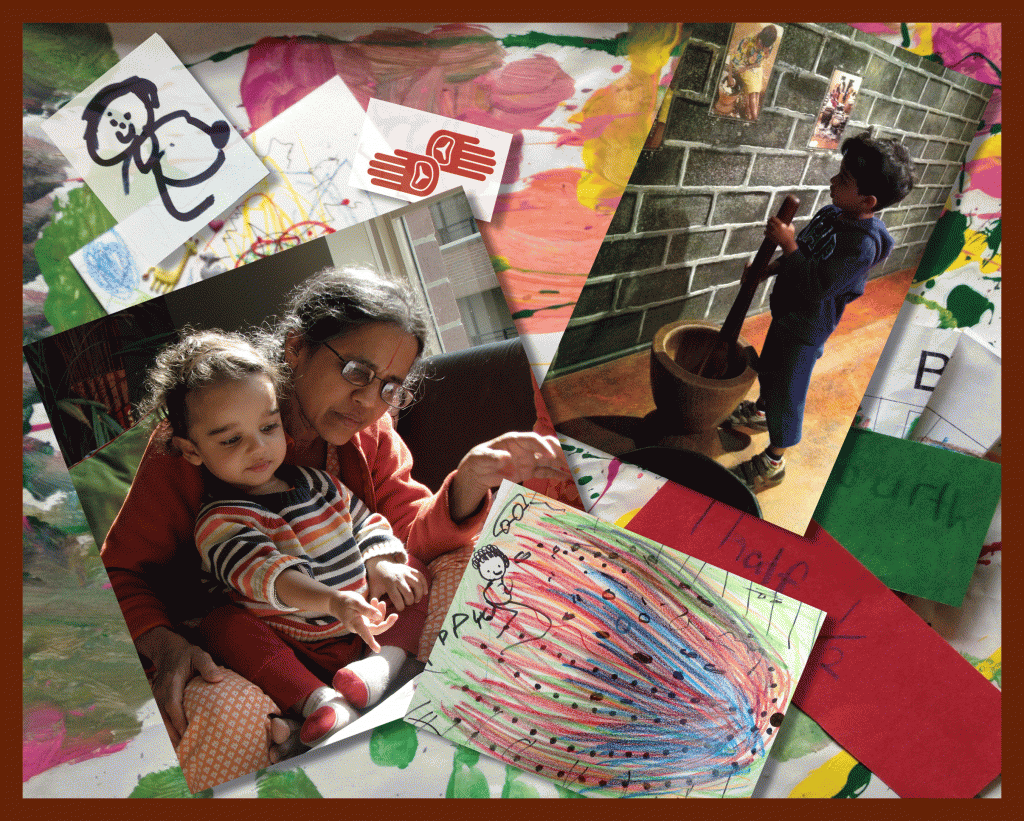 This SSHRC-funded workshop brought together scholars within the disciplines of child and youth studies, education, mathematics, and psychology, working at the intersection of language, learning, and culture.
This SSHRC-funded workshop brought together scholars within the disciplines of child and youth studies, education, mathematics, and psychology, working at the intersection of language, learning, and culture.
Invited participants shared their research and current knowledge to problematise universalist assumptions about teaching, learning, and development reflected in much of the official discourse and policies that lean toward Eurocentric, middle class orientation to early childhood education and development. Especially because a number of crucial issues regarding the inter-relationship of culture, language, and learning tend to be ignored or treated superficially, these scholars came together to understand how these issues can be addressed in an increasingly global world to meet the educational and developmental needs of all young children.
The public was invited to attend a series of three plenaries held in conjunction with the workshop. The poster for these sessions is available here. The plenary speakers were:
Dr. Karen Martin (Aboriginal children and families, May 2)
Professor Eve Gregory (Learning to belong: Young children learning through faith in new London communities, May 3)
Professor Terezinha Nunes (What is involved in modelling the world with mathematics?, May 4).
This workshop was pleased to be a part of UBC’s Year of Indigenous Education. On Thursday, May 2 – in conjunction with Dr. Martin’s plenary talk – An Evening of Indigenous Childhood was hosted that focused on Indigenous worldview, knowledge and the realities of young Indigenous children, their families, and communities.
Acknowledgements: UBC – Department of Language and Literacy Education, Faculty of Education, the First Nations House of Learning.